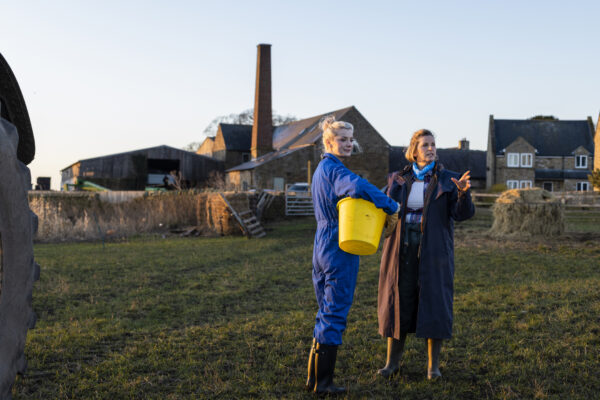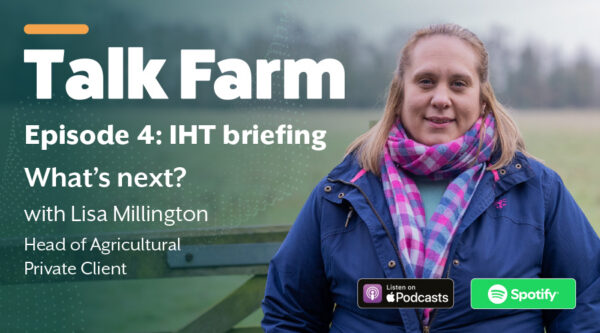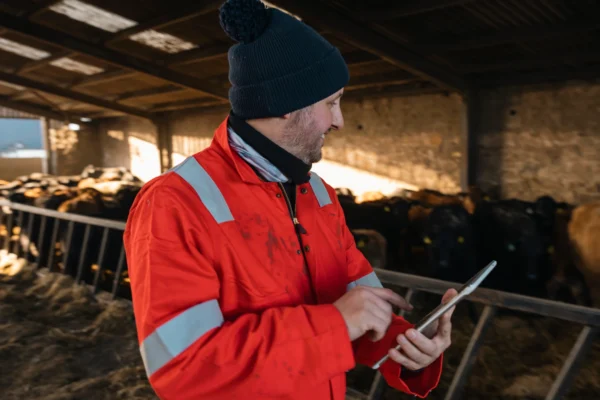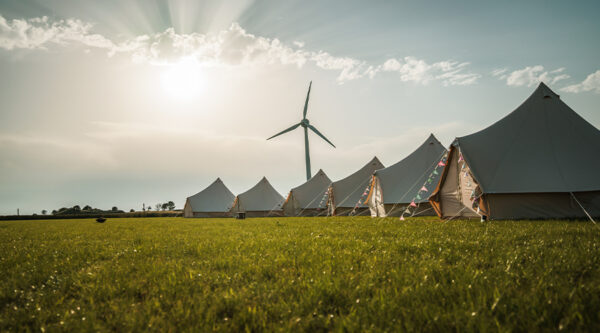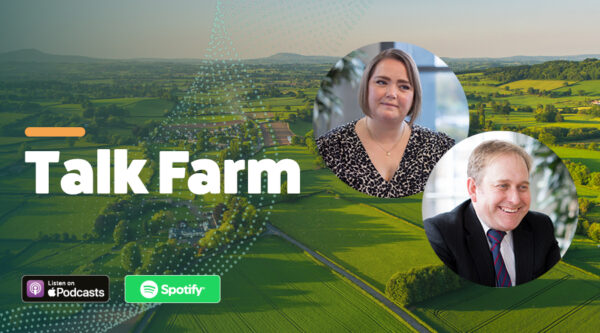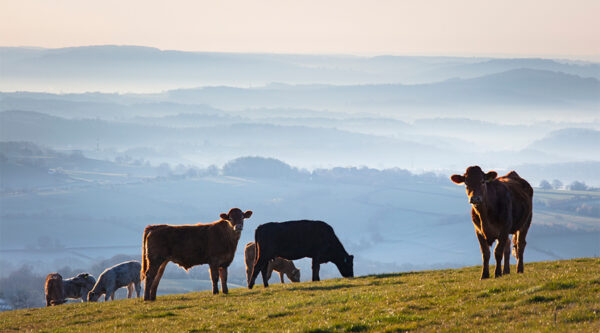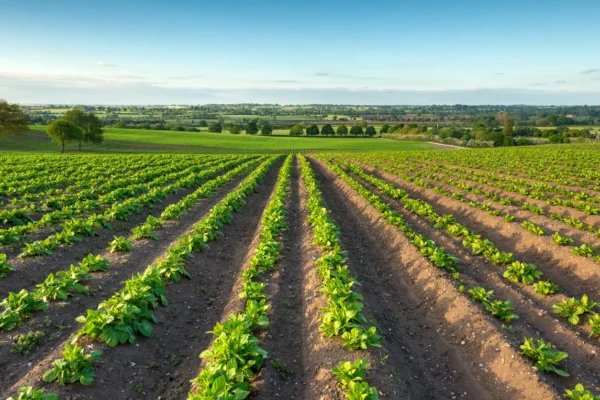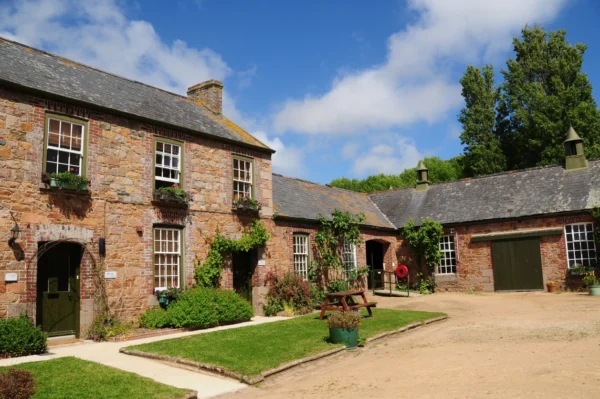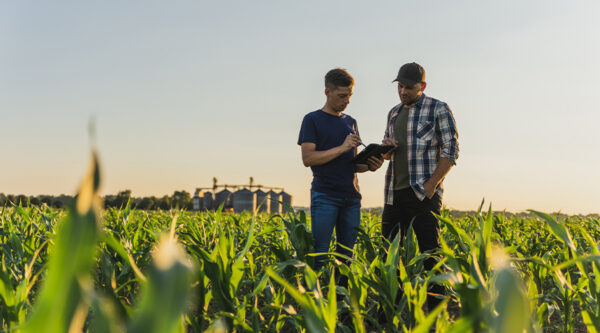
Registering your land or property: the benefits of voluntary first registration
15 September 2025

When dealing with farms and estates, it’s not uncommon to find that all or part of the land isn’t registered with the Land Registry, especially where ownership has passed through several generations or the land was bought before the 1990s.
Compulsory registration was introduced by the Land Registry in the early 1990s. Since then, any dealings with unregistered land will usually trigger compulsory registration.
Common triggers for compulsory registration include:
- Change of ownership through sale or transfer
- Mortgaging the land
- Granting a lease of seven years or more
- Creation of easements or option agreements.
Unregistered title deeds can be complex. They often include old documents and deeds dating back over 200 years, with unhelpful and outdated plans. It’s also common for some or all the title deeds to be missing.
Because of this, prospective buyers or mortgage lenders may be reluctant to proceed unless the land is registered. If registration is needed before completion, it can delay the process. Land Registration applications typically take 12 to 15 months to process; even expedited cases can still take six months or more.
Why registration matters to buyers and lenders
Registration makes the title more acceptable, simplifies future investigations and speeds up the conveyancing process. It can make future succession planning and potential sales far simpler.
Once registered, the title deeds are stored digitally and include a title register and plan. The register sets out rights and covenants affecting the land, while the plan (based on current Ordnance Survey mapping) shows the general extent of the property edged in red.
Titles registered with the Land Registry benefit from state-backed security, with greater protection against the risk of losing ownership by squatters successfully claiming adverse possession.
What is voluntary first registration?
Voluntary first registration is an application to register your property or land with the Land Registry when there’s no compulsory requirement to.
The Land Registry currently offers a 25% discount on fees for voluntary registration, encouraging property owners to register their land as part of its wider aim to achieve comprehensive registration by 2030.
Fees are tiered, depending on the land’s value, and are currently as follows:
- £0 to £80,000: reduced fee of £30 for voluntary first registration
- £80,001 to £100,000: reduced fee of £70 for voluntary first registration
- £100,001 to £200,000: reduced fee of £170 for voluntary first registration
- £200,001 to £500,000: reduced fee of £250 for voluntary first registration
- £500,001 to £1,000,000: reduced fee of £495 for voluntary first registration
- £1,000,001 and over: reduced fee of £830 for voluntary first registration.
Not only is it cheaper, voluntary first registration is often the best route because there’s no pressure from a transaction to work towards and the process is usually less stressful for everyone involved.
Our expert agriculture and estates team can help you check whether your property is registered and support with voluntary first registration applications.
